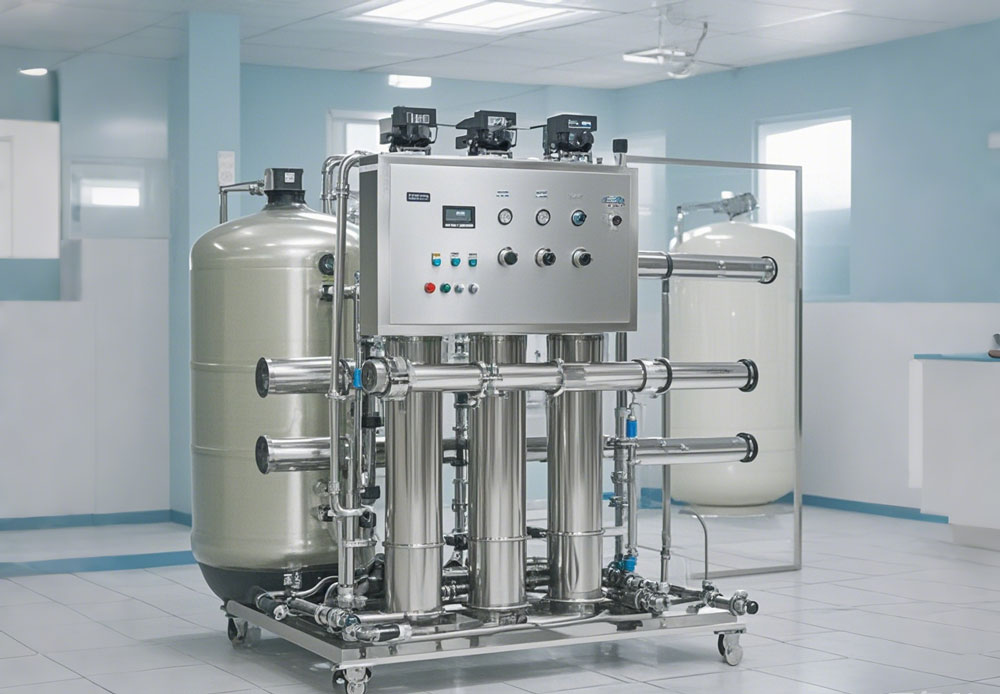
As concerns about water quality continue to rise, the demand for reliable and accessible water filtration services has seen a significant surge. Whether it's for residential, commercial, or industrial purposes, ensuring access to clean and safe water is crucial. One of the key aspects businesses need to consider when investing in commercial water purification systems is the maintenance cost involved. This article delves into the approximate maintenance cost of commercial water purification equipment, the factors influencing these costs, and how businesses can optimize their investment.
Commercial water purification systems are advanced filtration systems designed to remove impurities, contaminants, and harmful substances from water, making it safe for consumption and various other purposes. These systems are widely used in offices, hospitals, industries, restaurants, hotels, and other commercial establishments. The most common types of commercial water purification systems include:
- Reverse Osmosis (RO) Systems
- Ultrafiltration (UF) Systems
- Nanofiltration (NF) Systems
- Ultraviolet (UV) Purifiers
Each type of system has its own advantages and is chosen based on the specific needs and water quality requirements of the business.
The maintenance cost of commercial water purification equipment can vary widely depending on several factors. Understanding these factors can help businesses make informed decisions and optimize their investment. Here are some of the key factors influencing the maintenance cost:
Different types of water purification systems have varying maintenance requirements. For instance, RO systems typically require more frequent maintenance compared to UV purifiers due to the complexity of the filtration process and the need for membrane replacement.
The size and capacity of the water purification system also play a significant role in determining the maintenance cost. Larger systems with higher capacities generally require more maintenance due to the increased wear and tear on components.
The quality of the incoming water significantly impacts the maintenance requirements. Water with high levels of contaminants, hardness, or other impurities will require more frequent filter replacements and system cleaning.
The frequency of use is another crucial factor. Systems that are used more frequently will experience more wear and tear, leading to higher maintenance costs.
High-quality equipment from reputable brands may have higher initial costs but often come with better durability and lower maintenance requirements. Investing in reliable equipment can lead to long-term cost savings.
The installation location and environmental conditions can also affect maintenance costs. Systems installed in harsh environments may require more frequent maintenance to ensure optimal performance.
To provide a clearer understanding of the maintenance costs involved, let's break down the typical expenses associated with maintaining commercial water purification equipment:
Filters are a crucial component of any water purification system. Depending on the type of system and the quality of the incoming water, filters may need to be replaced every 6 to 12 months. The cost of replacement filters can range from $50 to $500 per filter, depending on the type and brand.
For RO systems, the RO membrane is a critical component that requires regular replacement. The frequency of membrane replacement depends on the quality of the water and the system's usage. Typically, RO membranes need to be replaced every 1 to 2 years, with costs ranging from $200 to $600 per membrane.
UV water purifiers use UV lamps to disinfect the water by inactivating harmful microorganisms. These lamps typically need to be replaced every 12 months, with costs ranging from $100 to $300 per lamp.
Regular cleaning and sanitization of the water purification system are essential to prevent the buildup of contaminants and ensure optimal performance. This process may include cleaning the storage tank, flushing the system, and sanitizing the components. The cost of professional cleaning services can range from $100 to $500 per service.
Professional technicians are often required to perform maintenance tasks such as filter and membrane replacement, system cleaning, and troubleshooting. Labor costs can vary depending on the complexity of the system and the location, typically ranging from $50 to $150 per hour.
Additional costs may include the replacement of minor components such as O-rings, gaskets, and fittings, as well as the cost of water testing and analysis to ensure the system's effectiveness.
Based on the factors and breakdown of maintenance costs discussed above, the approximate annual maintenance cost for commercial water purification equipment can range from $500 to $2,000 per year. This estimate includes the cost of filter and membrane replacements, UV lamp replacements, system cleaning, labor costs, and miscellaneous expenses.
It's important to note that these costs can vary significantly depending on the specific type of system, usage, water quality, and other factors. Businesses should consult with professional water treatment companies to obtain accurate cost estimates based on their unique requirements.
While maintenance costs are an inevitable part of owning and operating commercial water purification equipment, there are several strategies businesses can employ to optimize these costs and ensure long-term efficiency:
Implementing a regular maintenance schedule can help prevent major issues and extend the lifespan of the equipment. Routine inspections, filter replacements, and system cleaning can identify and address potential problems before they escalate.
Investing in high-quality water purification equipment from reputable brands may have higher initial costs but can lead to lower maintenance requirements and longer-lasting performance. Reliable equipment is less likely to experience frequent breakdowns and costly repairs.
Regular monitoring of the incoming water quality can help businesses identify changes in water conditions that may impact the system's performance. Adjusting the maintenance schedule based on water quality data can optimize the system's efficiency and reduce maintenance costs.
Proper training of staff on the operation and basic maintenance of the water purification system can help prevent user errors and reduce the need for professional maintenance services. Training should include instructions on filter replacement, system cleaning, and troubleshooting common issues.
Using genuine replacement parts and components recommended by the manufacturer ensures compatibility and optimal performance. Generic or low-quality parts may lead to increased wear and tear and higher maintenance costs in the long run.
Partnering with professional water treatment companies for regular maintenance and servicing can provide businesses with access to expert technicians and quality services. These providers can offer maintenance contracts that include scheduled inspections, filter replacements, and emergency repairs.
The maintenance cost of commercial water purification equipment is a crucial consideration for businesses looking to invest in reliable water filtration systems. By understanding the factors influencing maintenance costs and implementing strategies to optimize these expenses, businesses can ensure the long-term efficiency and effectiveness of their water purification systems.
Regular maintenance, investment in high-quality equipment, monitoring water quality, and partnering with professional service providers are key steps to minimizing maintenance costs and maximizing the return on investment. Ultimately, ensuring access to clean and safe water not only promotes the health and well-being of employees and customers but also enhances the overall productivity and sustainability of the business.
For businesses looking to explore commercial water purification solutions, consulting with experienced water treatment companies and obtaining professional advice can provide valuable insights and help make informed decisions. By prioritizing maintenance and investing in reliable water purification systems, businesses can contribute to healthier communities and promote environmental consciousness.
Pre :
Next :


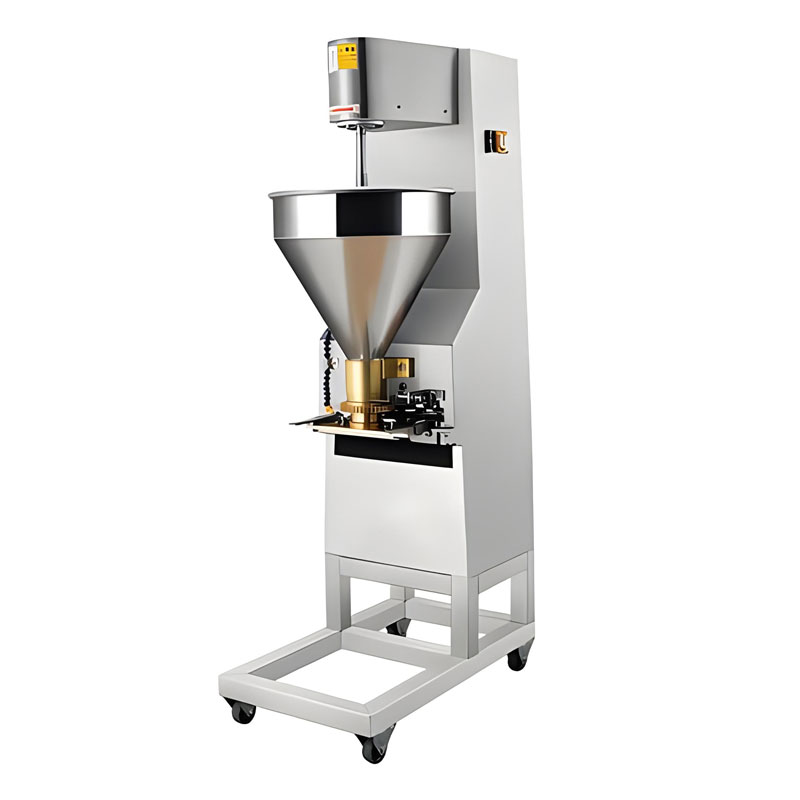
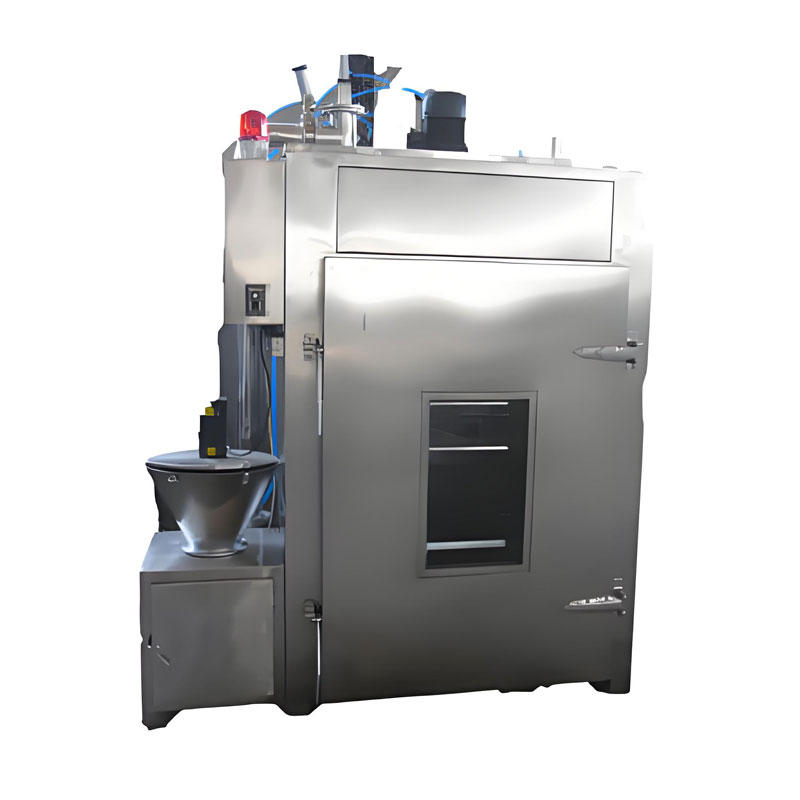
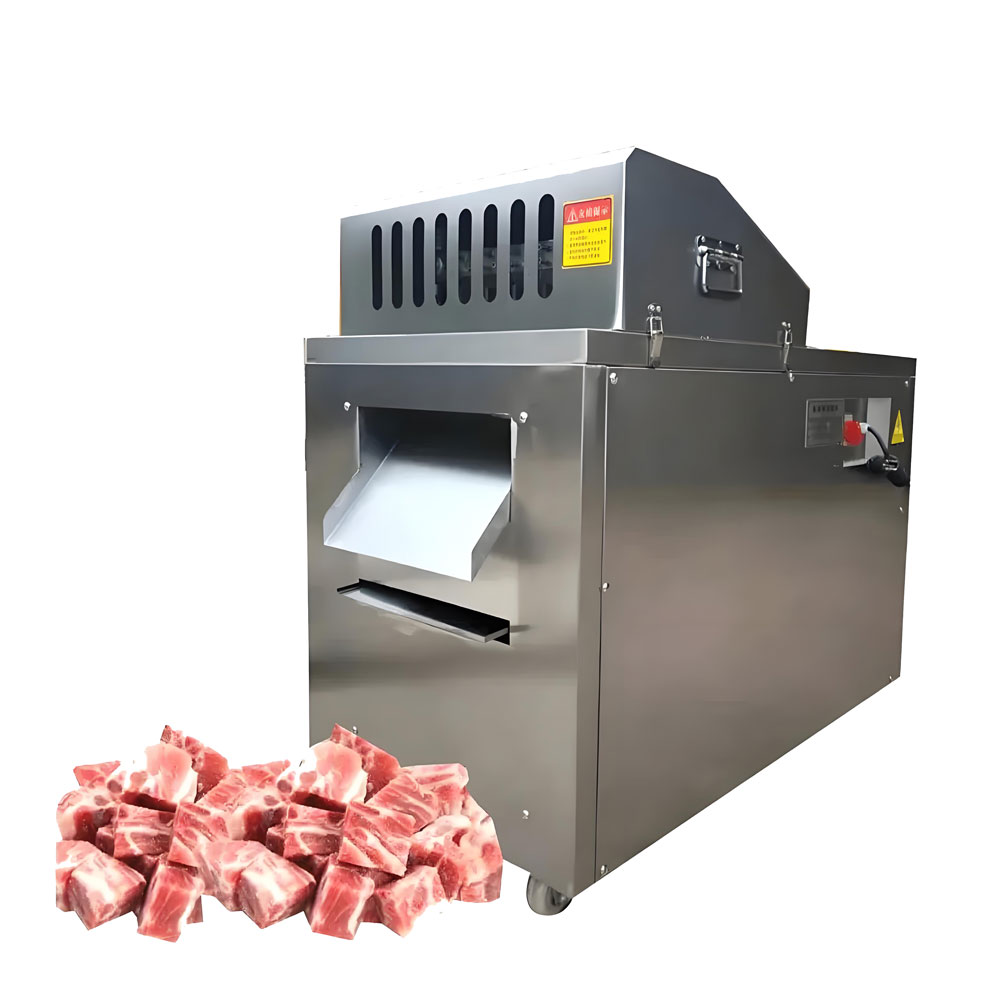
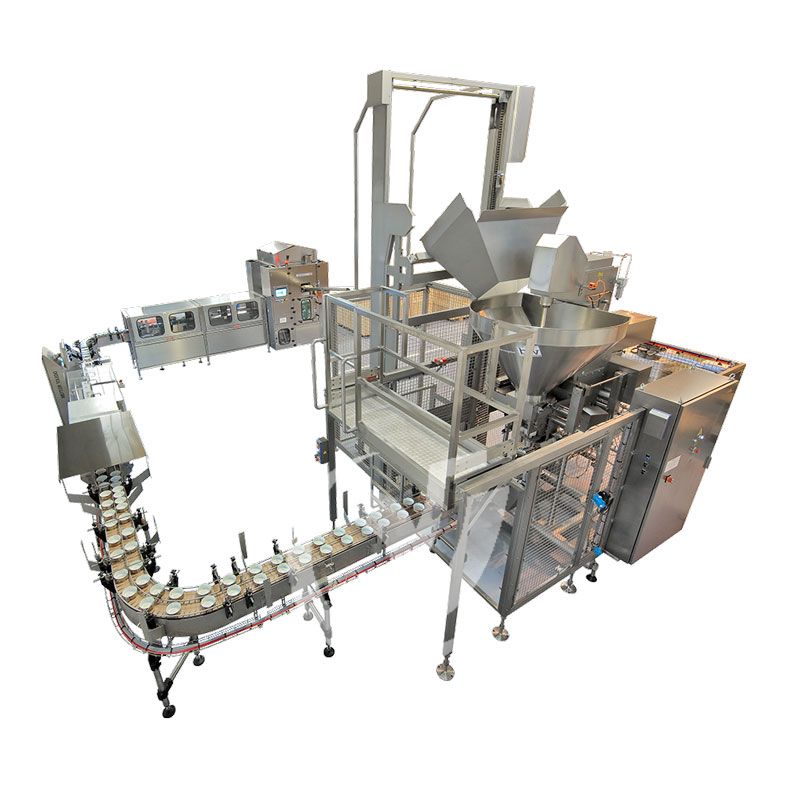

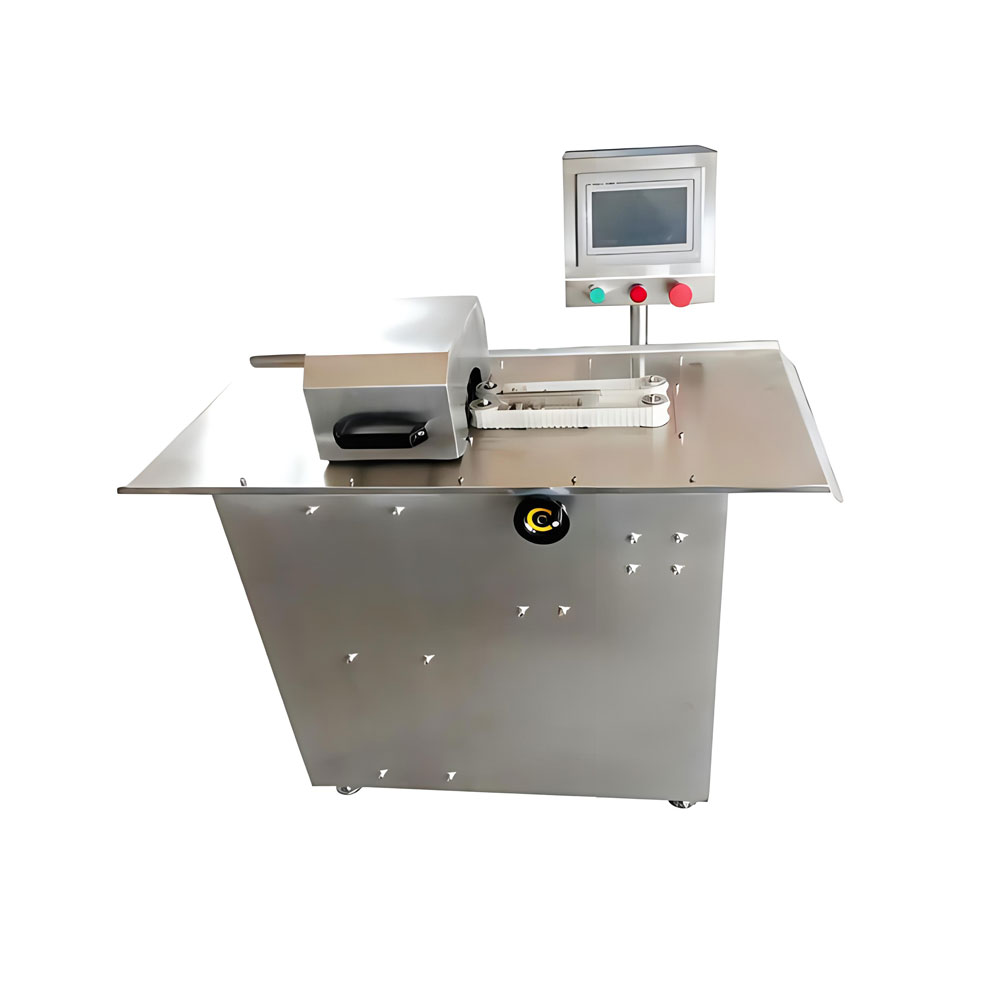
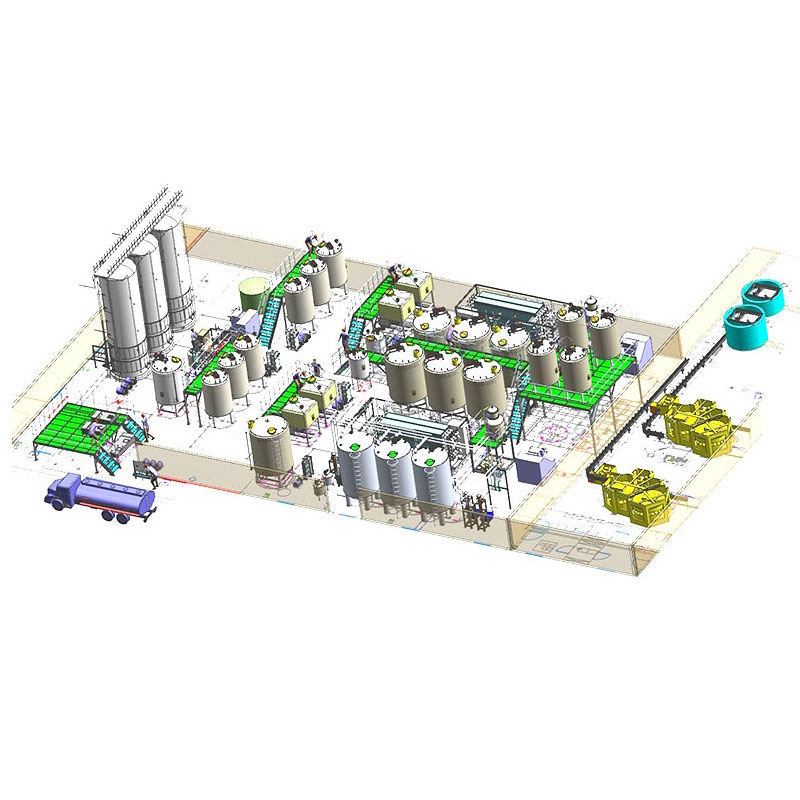
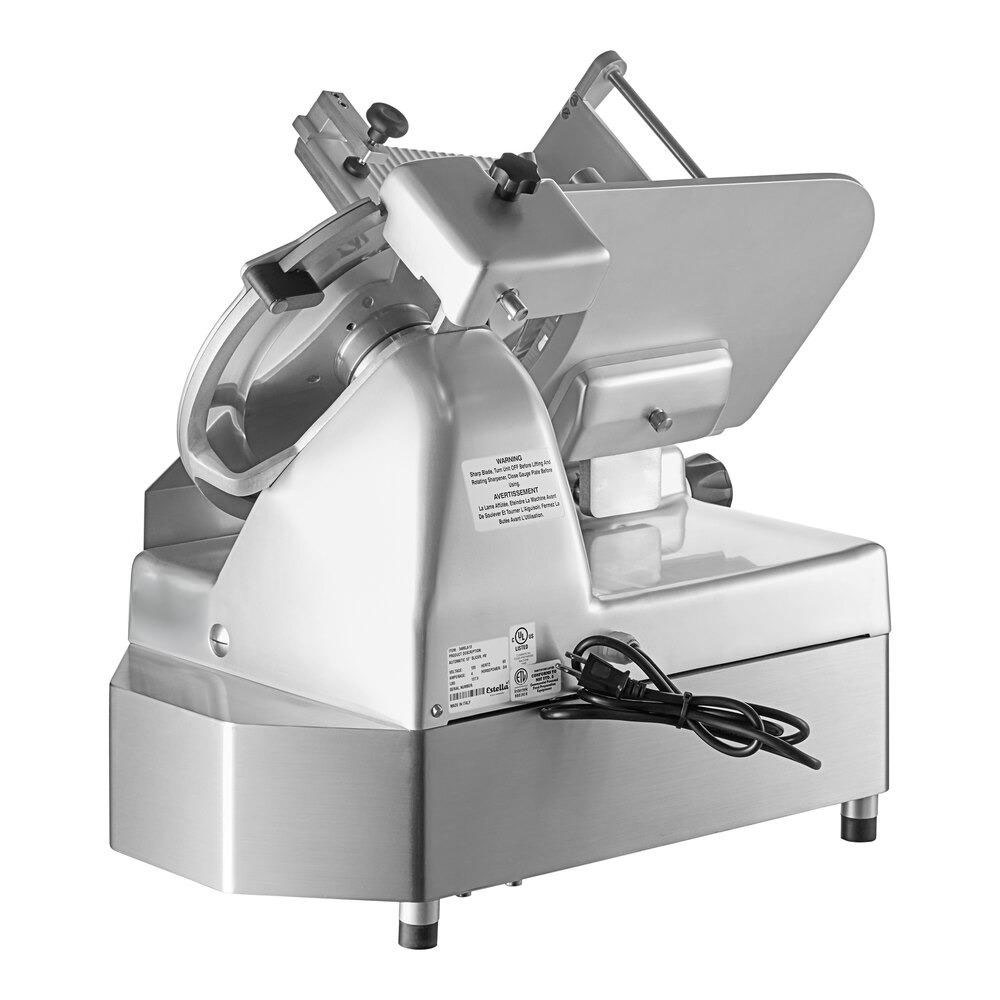
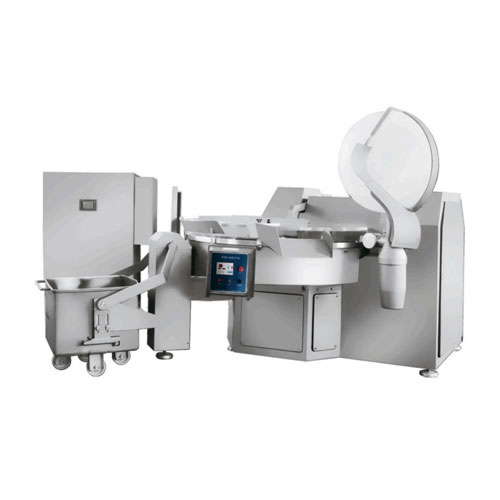
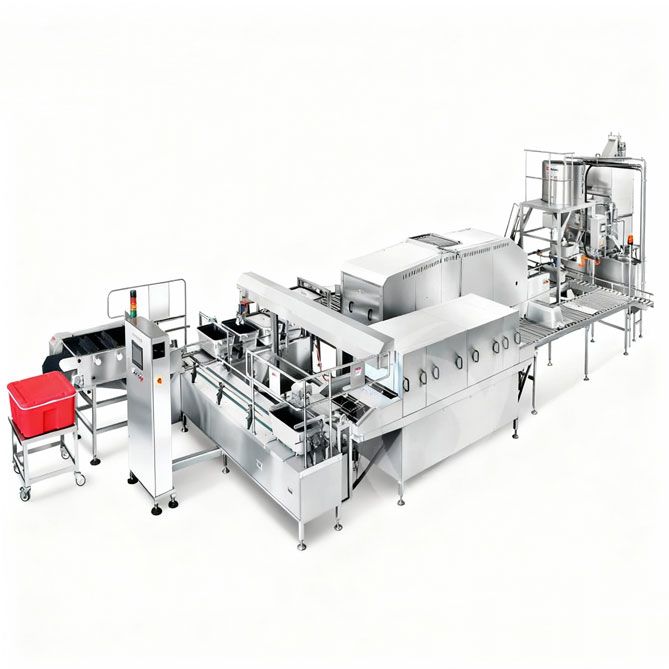
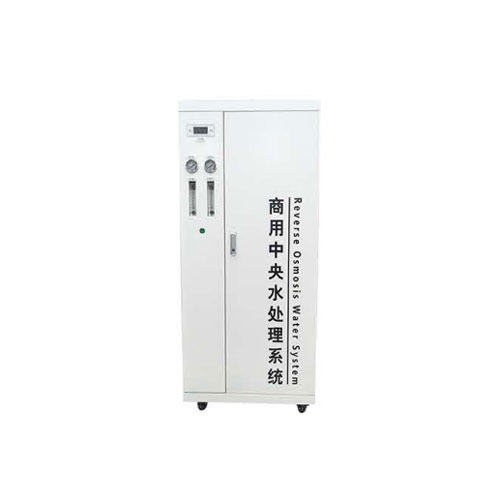 YL-W-06 Commercial Water Purification Equipment
YL-W-06 Commercial Water Purification Equipment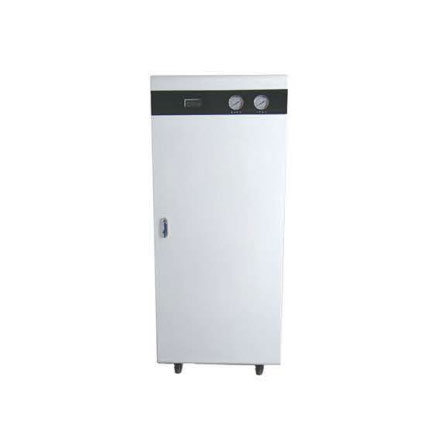 YL-W-05 Commercial Water Purification Equipment
YL-W-05 Commercial Water Purification Equipment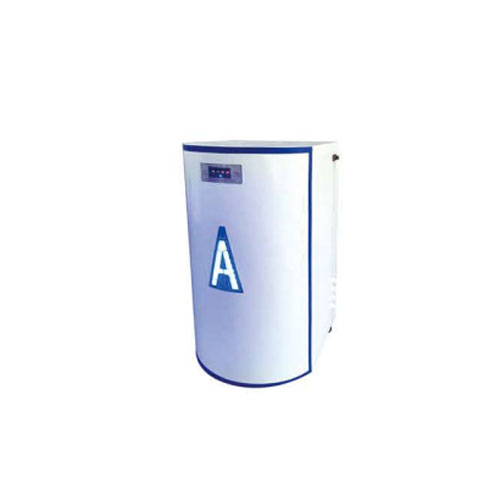 YL-W-04 Commercial Water Purification Equipment
YL-W-04 Commercial Water Purification Equipment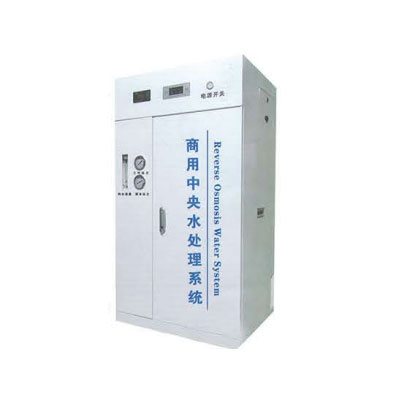 YL-W-03 Commercial Water Purification Equipment
YL-W-03 Commercial Water Purification Equipment
Ready to Get Started?